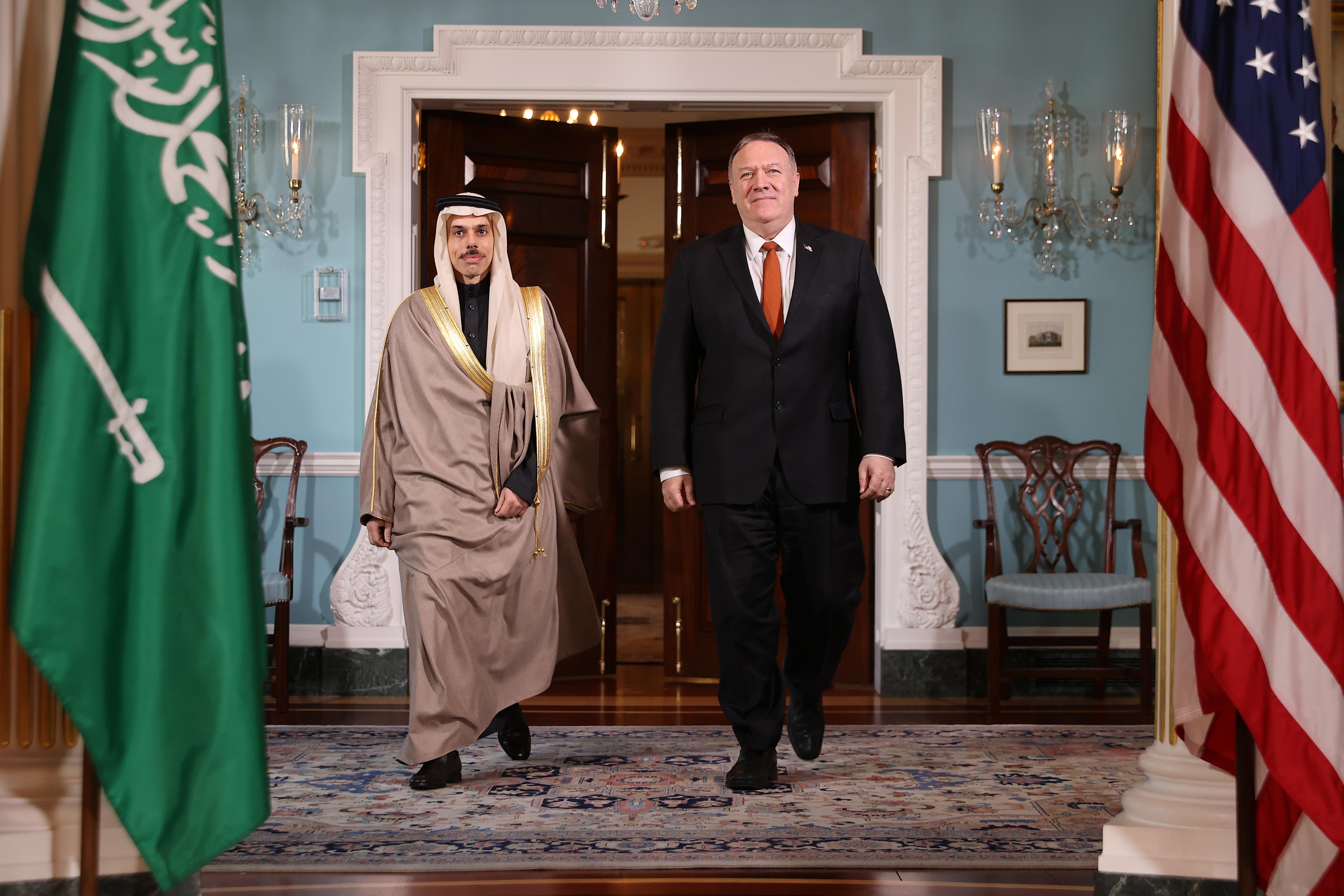How Much of the World's Fossil Fuel Comes From Saudi Arabia?
Saudi Arabia wants to have net-zero emissions by 2060, but shows no signs of slowing fossil fuel production. How much of the world relies on Saudi fossil fuels?
Oct. 25 2021, Published 2:43 p.m. ET
Saudi Arabia is a major player in OPEC (Organization of the Petroleum Exporting Countries). Despite its global standing in the fossil fuel world, the country wants to reach net-zero emissions by 2060.
How much fossil fuel does Saudi Arabia really contribute, and will the country's production hinder its decades-long goal of contributing more to the environment than it takes?
Saudi Arabia pledges net-zero emissions by 2060
On Saturday, Oct. 23, Crown Prince Mohammed bin Salman, on behalf of the nation of Saudi Arabia, announced plans to achieve net-zero greenhouse gas emissions by 2060. The country is the next of more than 100 nations to make a climate-focused goal.
The news is big considering Saudi Arabia is one of the biggest oil producers in the world. While the nation is making efforts to find economic diversity, fossil fuel exports remain the country's bread and butter. OPEC says oil and gas makes up 50 percent of the country's gross domestic product, and about 70 percent of export earnings.
Saudi Arabia a key member of OPEC.
Saudi Arabia is one of 15 member countries in OPEC, an organization aimed at coordinating and unifying petroleum policies and ensuring stable markets. Currently, OPEC is made up of Algeria, Angola, Congo, Ecuador, Equatorial Guinea, Gabon, IR Iran, Iraq, Kuwait, Libya, Nigeria, Qatar, Saudi Arabia, United Arab Emirates, and Venezuela.
Saudi Arabia's global oil contributions are big—and will probably stay big.
By the end of 2021, Saudi Arabia is expected to have made $150 billion in revenue from oil over the course of the year.
Saudi Arabia possesses about 17 percent of the world's proven petroleum reserves. "Oil was first struck in Saudi Arabia in March 1938, at a depth of 1,440 metres in the Dammam oilfield," OPEC says. Now, the country exports more than 1.3 million barrels per day of petroleum products.
in 2020, an estimated 12 percent of the world's petroleum imports came from Saudi Arabia. The kingdom also contributes approximately 7 percent of U.S. total petroleum imports.
Saudi Arabia doesn't have plans to curb fossil fuel investments despite the net-zero emissions goal set for nearly four decades out.
Net zero is not zero.
Net-zero emissions doesn't mean no emissions. It means a person, organization, or country takes out more emissions from the environment than it contributes. To achieve net-zero emissions, groups can plant trees, partake in carbon capture programs, and reduce emissions.
In short, a country can be net-zero and still contribute a ton of emissions through big oil.
Saudi Arabia plans to remove emissions by planting 450 million trees and rehabilitating land by 2030. Plus, it wants to cut its carbon emissions by 270 million tons and focus on making the city of Riyadh more sustainable.
Country prepares to transform former oil rig into waterpark—A symbol of something bigger?
Saudi Arabia is developing a theme park on a former oil rig that spans 1.6 million square feet. The upcoming extreme resort will be nestled in the Arabian Gulf and plans to offer three hotels, 11 restaurants, and wild waterpark rides.
The move can be deconstructed in two ways. On one hand, Saudi Arabia could be giving a nod to its history as a leading oil producing country while planning to move toward sustainability. On the other hand, it could be a symbol of its ongoing commitment to oil production.
Whatever the case, Saudi Arabia will have to diversify its oil-led economy if it wants to achieve net-zero emissions by 2060.


